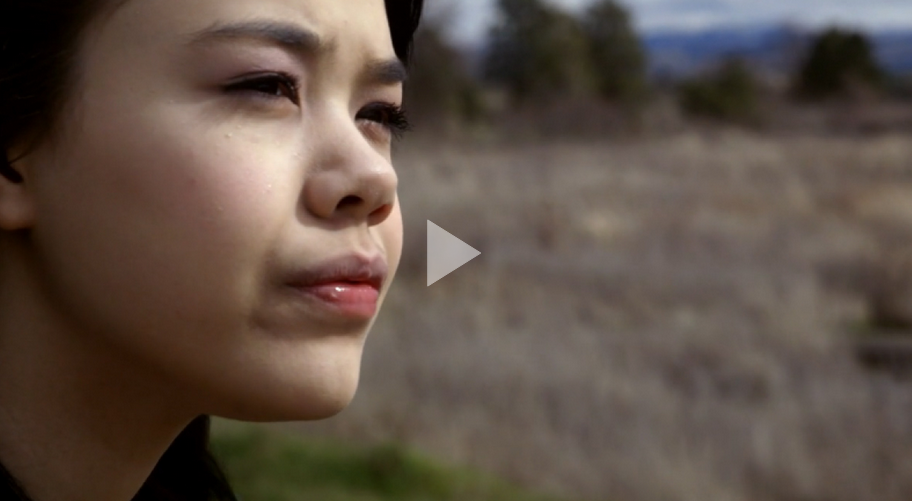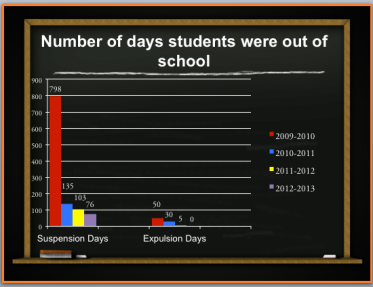Three years ago, the story about how Lincoln High School in Walla Walla, WA, tried a new approach to school discipline and saw suspensions drop 85% struck a nerve.
It went viral – twice — with more than 700,000 page views. Paper Tigers, a documentary that filmmaker James Redford did about the school — premiered on May 28, 2015 to a sold-out crowd at the Seattle International Film Festival. Hundreds of communities around the country are clamoring for screenings.

After four years of implementing the new approach, Lincoln’s results were even more astounding: suspensions dropped 90%, there were no expulsions, and kids’ grades, test scores and graduation rates surged.
But many educators aren’t convinced. They ask: Can the teachers and staff at Lincoln explain what they did differently? Did it really help the kids who had the most problems – the most adverse experiences? Or is what happened at Lincoln High just a fluke? Can it be replicated in other schools?
Last year, Dr. Dario Longhi, a sociology researcher with long experience in measuring the effects of resilience-building practices in communities, set about answering those questions.
The results? Yes. Yes. No. And yes.
In case you don’t know Lincoln High School’s story, here’s a quick summary: In 2010, Jim Sporleder, then-principal of Lincoln High School, learned about the CDC-Kaiser Adverse Childhood Experiences (ACE) Study and the neurobiology of toxic stress at a workshop in Spokane, WA. The ACE Study showed a link between 10 types of childhood trauma and the adult onset of chronic disease, mental illness, violence and being a victim of violence. The Children’s Resilience Initiative (CRI) organized a group of 30 people from Walla Walla, including Sporleder, to attend the workshop in Spokane. CRI is a community organization in Walla Walla that creates awareness about childhood adversity and encourages all sectors of the community – business, faith-based, corrections, law enforcement, education, etc. — to integrate trauma-informed and resilience-building practices.
Here’s what Sporleder learned:
Severe and chronic trauma (such as living with an alcoholic parent, or watching in terror as your mom gets beat up) causes toxic stress in kids. Toxic stress damages kid’s brains. When trauma launches kids into flight, fight or fright mode, they cannot learn. It is physiologically impossible.
They can also act out (fight) or withdraw (flight or fright) in school; they often have trouble trusting adults or getting along with their peers. They start coping with anxiety, depression, anger and frustration by drinking or doing other drugs, having dangerous sex, over-eating, engaging in violence or thrill sports, and even over-achieving.
Sporleder said he realized that he’d been doing “everything wrong” in disciplining kids, and decided to turn Lincoln High into a trauma-informed school.
Learn more about the results of Sporleder’s efforts here.
Source: ACES Too High News

